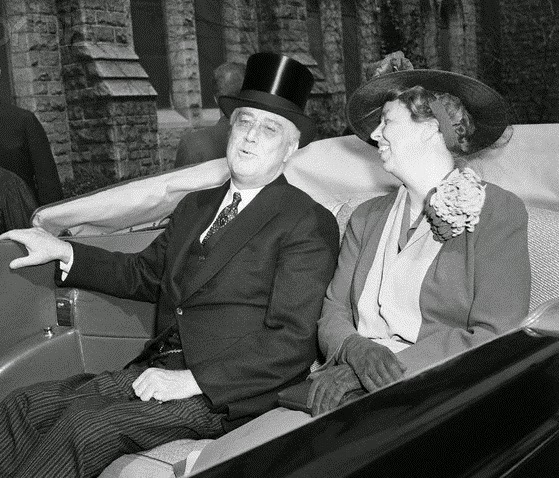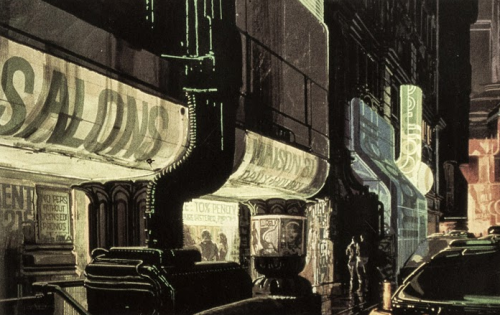Things are terrible in Greece. Unemployment is nearly 30%, and the economy has shrunk 25% since 2008. Against this background the country is holding national elections, and in recent polls the lead is held by a new, left-leaning party called Syriza. Its leader, Alexis Tsipras, is a 40-year-old political neophyte who gives rabble-rousing speeches and promises to renegotiate the terms of Greece's 2010 financial bailout.
The reaction of the Greek and European elites to Syriza is telling:
Newspapers and television stations, under the control of Greece’s oligarchs, have fed Greeks a daily diet of frightening stories about what would happen should Mr. Tsipras prevail. His victory would mark the first time that a eurozone country would be led by a non-centrist government, and columnists warn on a regular basis that his ideas and inexperience could have dire consequences for Greece.
Each day, the newspapers deliver a tally of the billions of euros that left Greek banks in recent weeks. “Mammoth Outflow” read one headline on Wednesday.
Prime Minister Antonis Samaras’s latest television commercial resembles a wartime newsreel, predicting a Tsipras victory would bring mobs to the streets by April, bank closings and medicine shortages by May. On Thursday, Sofia Voultepsi, a candidate for Mr. Samaras’s center-right New Democracy Party, suggested on a morning talk show that Greeks should stock up on toilet paper.
Meanwhile EU leaders keep insisting that "Greece must abide by the creditor-friendly austerity policies laid down by Germany."
I think this whole affair exposes the European Union for what it really is: a project of the continent's international elite, the people who drive German cars, wear Italian suits and drink French wine as they jet or ride the TGV from one capital to another, toasting
a l'Europe! in the grand salons of Baroque palaces and insisting that
Ordnung muss sein. I have always been a fan of order myself, and I despise nationalism. But this New European Order stinks. Nobody in those salons gives a damn about the unemployed people of Greece or Spain, or pays any attention to what voters think.
Oh, too bad, they mutter about the unemployed,
but the debt to GDP ratio must be reduced. Or what? I always want to ask. Interest rates in Europe are almost as low as they are here, and if there ever was any threat of financial collapse it was controlled years ago. Now the fear of financial turmoil is just an excuse for the bankers and their friends to insist on the austerity that they want anyway.
If we don't get our way, they simper,
we're taking our capital and going home!
Today's European elite is eerily like those 18th-century kings and aristocrats who fought nice little wars and then met in the same grand salons to rearrange the map, transferring a few hundred thousand little people to the latest victor and then congratulating themselves on keeping order.
A splendid little treaty! Come, let us retire to the music room and hear a new concerto. At least they had the style and nerve to build their own palaces and compose their own music, instead of just reusing stuff 250 years old.
The Greek mess is largely the fault of the Greeks, who
lived large on borrowed money until the credit finally ran out. But there are two parties to every loan, and I think the banks who advanced the Greek government unlimited funds are just culpable as anybody in Greece. But while the Greek people are suffering terribly none of the bankers who made those loans has suffered in the slightest. When someone like Tsipras says that ordinary Greeks should not have to bear the whole burden of this disaster, and that the banks should be made to suffer, too, there are gasps of horror in Berlin and Milan. Socialism! Communism! Little people getting above themselves! You must understand that the integrity of the banking system must be protected or we will have turmoil! Anything but turmoil!
The currency union was a terrible mistake, but it can't be undone because that would be a "failure" for "Europe."
But we spent so much time in grand salons working out the details! Shielding Europe's vulnerable people from the mistakes of their leaders is, it seems also impossible, because -- you know, I'm not sure why. Because German voters despise lazy southerners, or because the bankers insist on some arbitrary spending target, or because it might lead to inflation (which would actually be great for Greeks and Spaniards), or because it would be too much work and cause important people to miss their ski vacations.
Europe's political mainstream has no ideas, just fear of disorder and a quixotic devotion to their grand project of continental unification. If something good does not happen in European politics soon, very bad things will start to happen. Maybe that's what Europe needs to shake this establishmentarian defeatism, and bring people to power who will actually pay attention to what voters think.






































